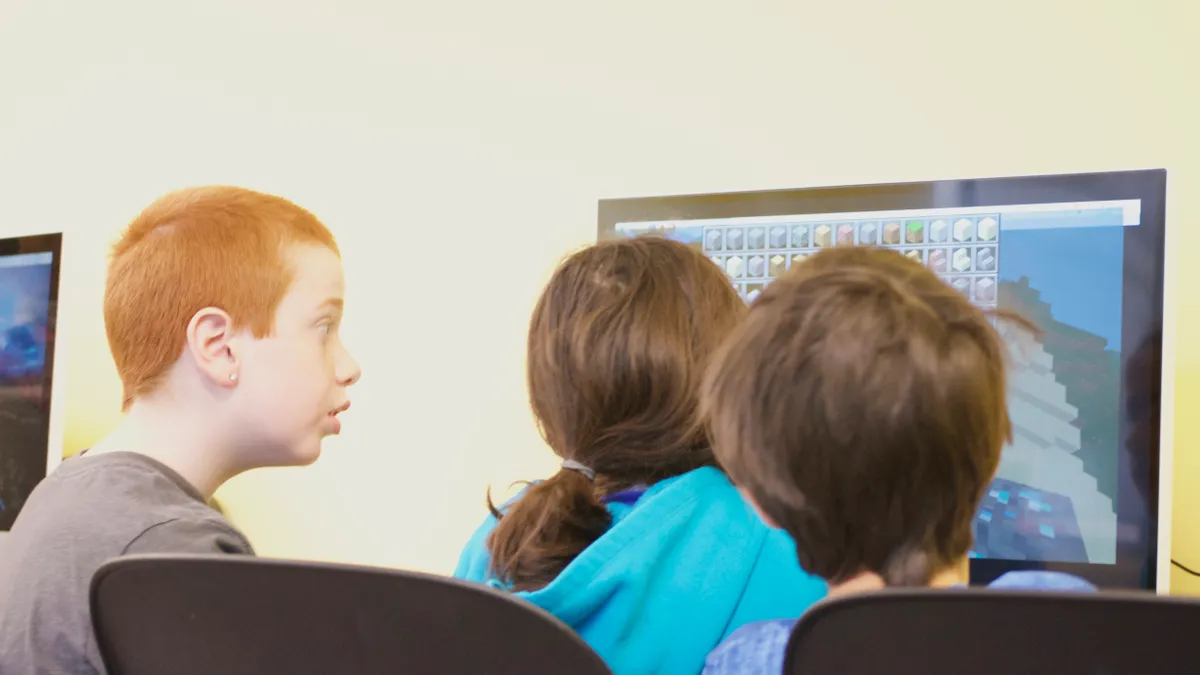Dive Brief:
- Educators often promote cooperative learning as a teaching strategy that helps students prepare for today’s collaborative work environments, but it can also help deter them from underage drinking, a new study shows.
- During the 2016-17 school year, researchers from the Oregon Research Institute and Michigan State University (MSU) trained teachers at seven randomly selected middle schools in the rural Pacific Northwest in cooperative learning, with teachers at eight other schools who did not receive the training serving as a control group. Students who participated in the cooperative methods were less likely to associate with “deviant peers” and to actually use alcohol in 7th grade, the findings show.
- For the cooperative learning group, there was a weaker link between the students' reported willingness to use alcohol at the beginning of 7th grade and their actual use near the end of the school year, and the findings suggest the instructional approach “can address some of the peer processes that can contribute to escalations in alcohol use and related behavioral problems,” Cary J. Roseth, an associate professor at MSU and a co-author of the study, said in a press release.
Dive Insight:
While cooperative learning is often used as a way to increase student engagement in the classroom, the researchers suggest that it also gives “at-risk youths access to a broader cross-section of the social network at school.” The findings are encouraging considering most teachers use group assignments and projects to some extent throughout the year and might lead to more careful consideration of how the groups are formed.
The study is just one example of how a school-based intervention can result in students helping their peers “navigate substance use refusal,” said Tamika Gilreath, an associate professor in the College of Education and Human Development at Texas A&M University. “In general, cooperative learning increases bonding to the learning environment and may serve to allow students to internalize positive behavioral health messages from the teacher that is then diffused in cooperative learning experiences.”
Because the data are self-reported by the students, the researchers said future research should consider adding parents’ and teachers’ perspectives. The study sample was also largely made up of white students, which limits the results being generalized to more diverse populations. The researchers suggest implementing the study in urban areas. Finally, the researchers said there is more to learn about whether cooperative learning also reduces tobacco and marijuana use, affects other areas of behavior, such as bullying, and can improve students’ emotional and mental health.













